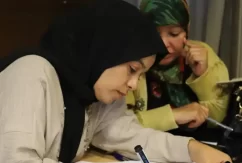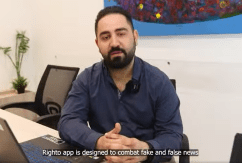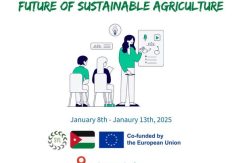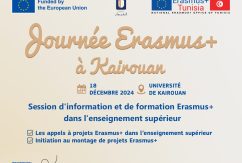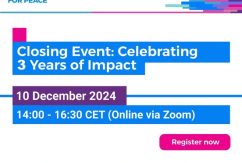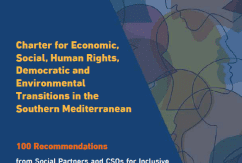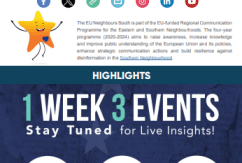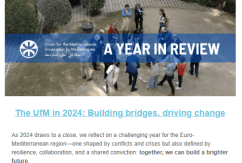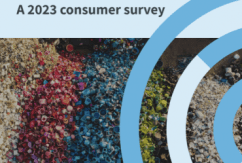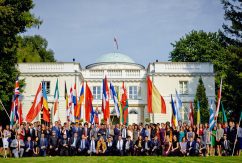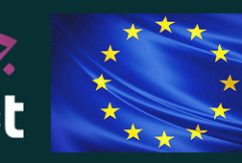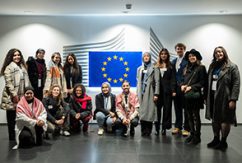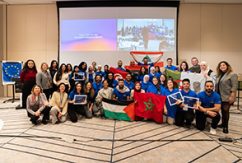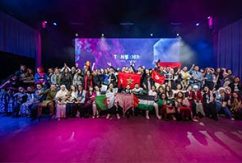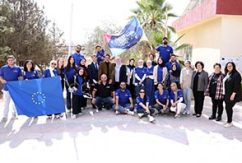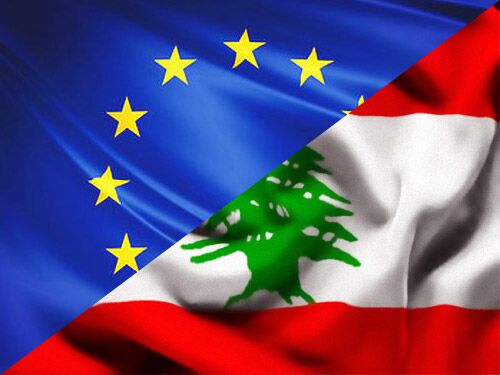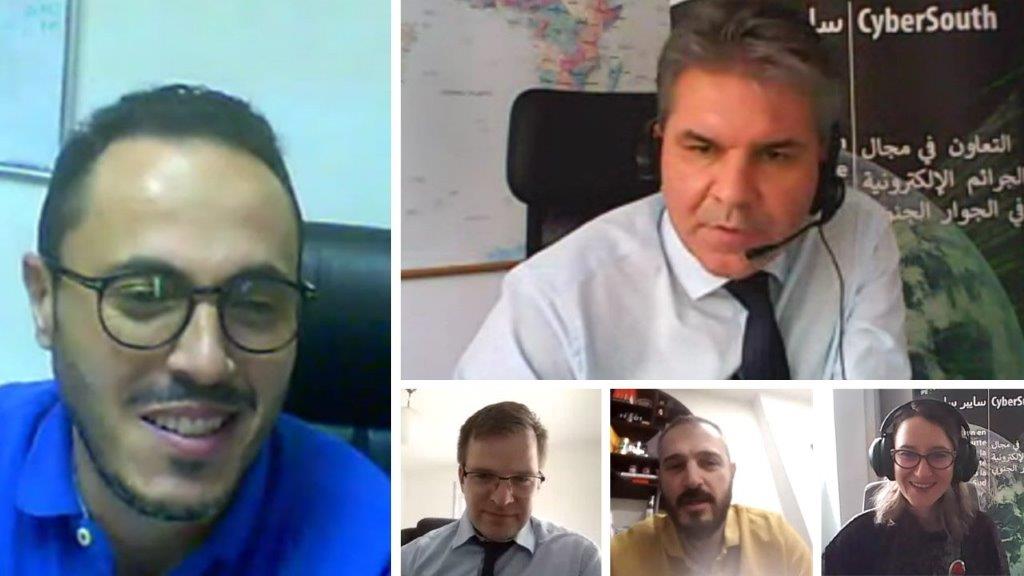Global Gateway Series: Digital education in East Africa
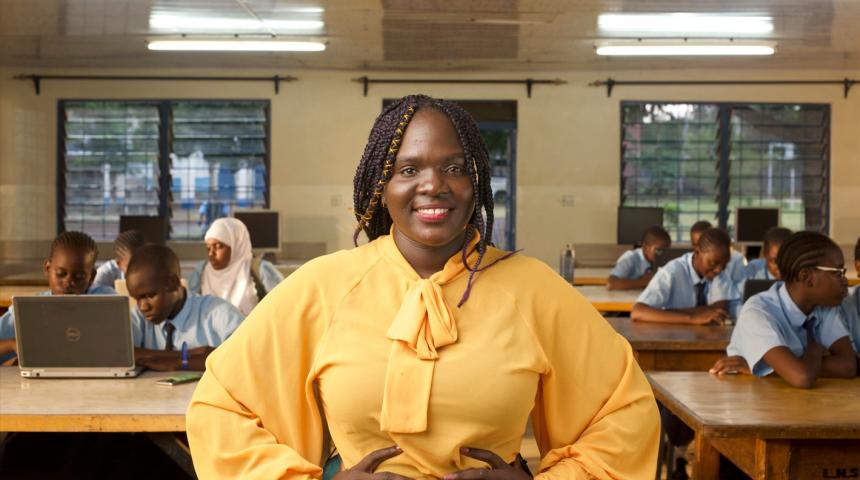
Digital education can be a powerful purveyor of equality, personal development and peace, especially in conflict regions. Capacity4dev interviewed the teams behind two international cooperation programmes with impressive achievements in e-learning, showcased during the 2022 European Development Days.
Ensuring access to education
Digital technology has great potential to ensure access to education during health crises or conflict. It allows learners to benefit from distance education and gives them the freedom to decide the pace of their learning. By providing access to short- and mid-term courses, digital education offers alternative learning pathways to employment and can contribute to peacebuilding and strengthening resilience.
Digital education is a priority under the Global Gateway, an EU strategy that aims to promote (among other things) inclusive, quality education for women, girls and other vulnerable groups with low school attendance and tackle the global digital divide. The Global Gateway connects partners with major investments in infrastructure development, mobilising up to €300 billion by 2027 to create jobs, skills and better living conditions for people around the world. In addition, the EU has announced its 2021−2027 Digital Education Action Plan which recognises that the COVID-19 pandemic has widened inequality in education and training, exposing a global digital divide. The action plan aims to strengthen international cooperation on digital education, further solidifying the EU’s role as a global partner on education.
One example of how digital education can remove barriers to learning and has mitigated the impact of COVID and a security crisis is the Digital Innovation and Skills Hub (DISH)(link is external). The international project1 is based in East Africa and provides an innovative e-learning platform for certificate courses that can be taken online or offline on a variety of devices. During the conflict in Tigray, which cut off the local population’s access to electricity and the internet, DISH enabled vulnerable young people in the region to participate in offline e-learning courses in their mother tongue.
